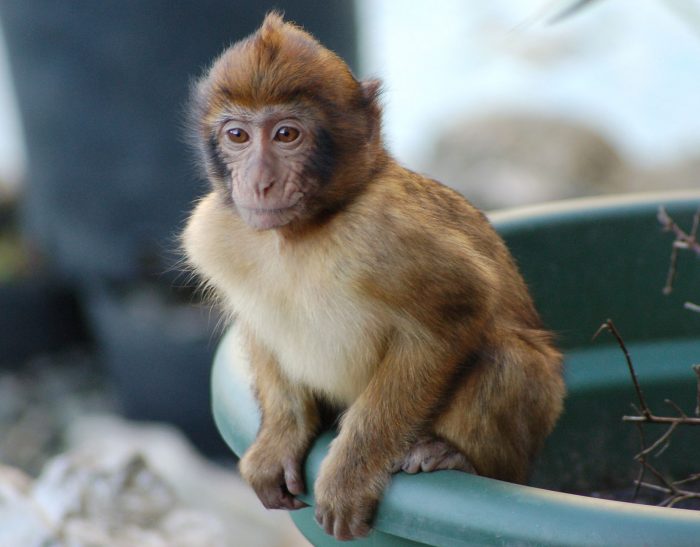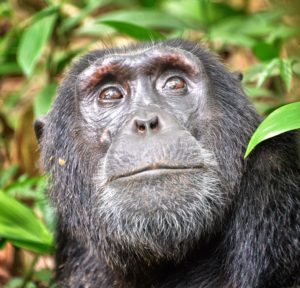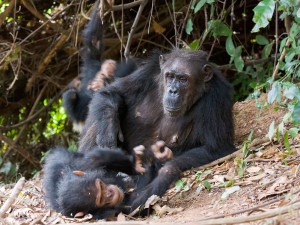Don’t Feed the Monkeys
Barbary macaques once stretched throughout northern Africa and southern Europe, however populations have suffered a major decline in recent years existing only in isolated areas in Morocco and Algeria.
 Image: By Greenshed (Own work) [Public domain]
Image: By Greenshed (Own work) [Public domain] Apart from humans, Barbary macaques are the only free-living primate in Europe. Their range once stretched throughout northern Africa and southern Europe, however populations have suffered a major decline in recent years. They now exist only in isolated areas in Morocco and Algeria, with numbers estimated to be 12,000 to 21,000. In 2009 they were listed as endangered thanks to threats such as the poaching of live animals for the illegal pet trade, an increase in logging activity and extermination by local farmers who view them as a pest.
Tourism has the potential to bring money for the conservation of Barbary macaques and an incentive for the protection of the animals and their habitat. Yet close proximity and interaction with people can have significant impacts on these monkeys, as a new study published in PLOS ONE has discovered.
Behavioural ecologists compared the health of two groups of wild Barbary macaques in Ifrane National Park in the Atlas Mountains of Morocco. One group rarely encountered tourists and relied on natural food resources, while the other group spent nearly 50% of their feeding activity eating food provided by tourists.
The monkeys that ate food from tourists were found to have poorer quality fur, with some patches of alopecia, and also suffered from higher levels of stress hormones compared with the monkeys that had much less interaction with tourists. In addition, while all females in the group not fed by tourists gave birth, only a third of females in the group frequently fed by tourists had young. Illness was also higher in the group fed by tourists, with 32 bouts of illness recorded compared to only one incident of stomach upset in the non-fed group.
The study was led by Dr Laëtitia Maréchal as part of her PhD at the University of Roehampton. Dr Maréchal, now a post-doctoral fellow in the School of Psychology, University of Lincoln, UK, said: “Barbary macaques are an endangered species and recently tourism was proposed as a potential tool for the conservation of this species in Morocco. But such tourism is currently unregulated, and feeding is a common practice; therefore regulating tourist provisioning may improve animal welfare.
“We assessed the primates’ health using a range of non-invasive measures, such as birth and survival rates, the quality of their fur, body size, occurrence of injury and disease, and stress hormone levels in faecal samples. Our findings support previous research which indicates that wildlife tourism, and particularly so-called ‘tourist provisioning’, has negative impacts on the health of wild animals.
“The study suggests that measures need to be taken to avoid causing more harm to an already endangered species. We are confident that changes will soon be made to regulate wildlife tourism in Morocco, as the Moroccan authorities and the local community have supported our study. Now tourists who encounter wildlife need to be informed that feeding wild animals is harmful, and so they should not do it.”





No comments yet.